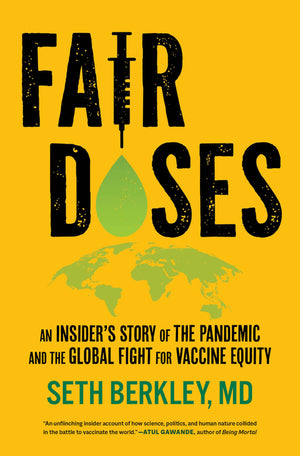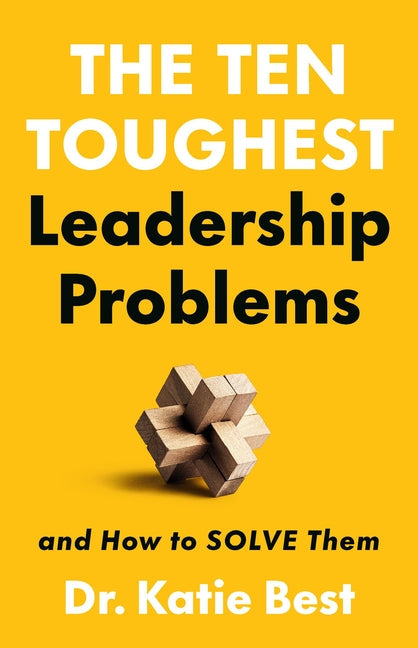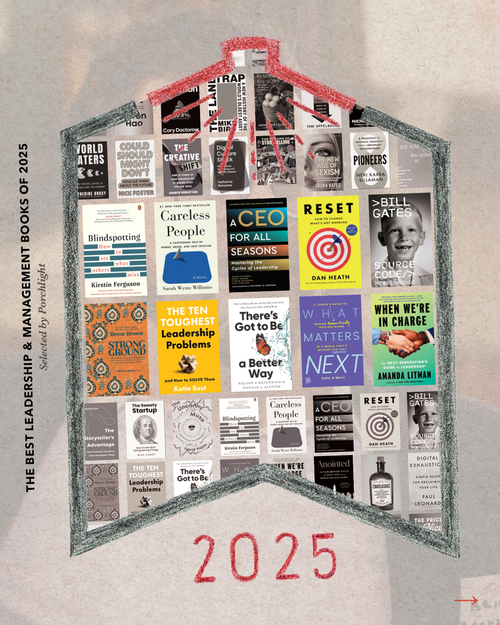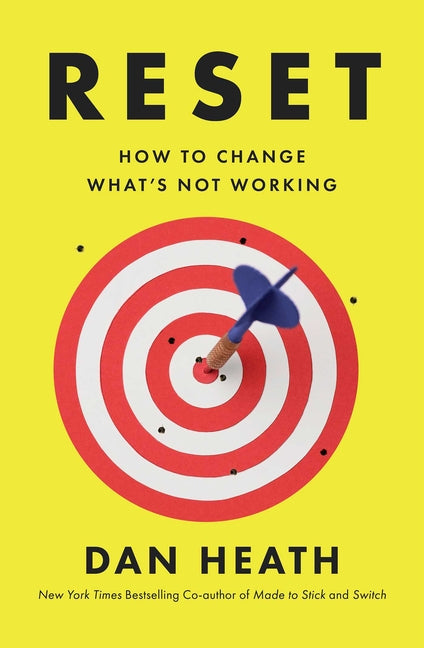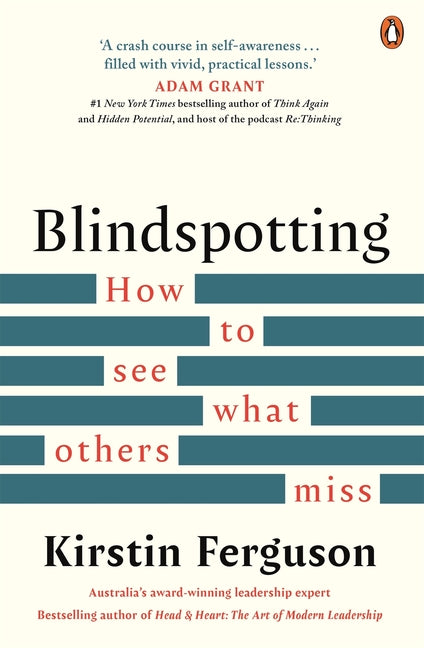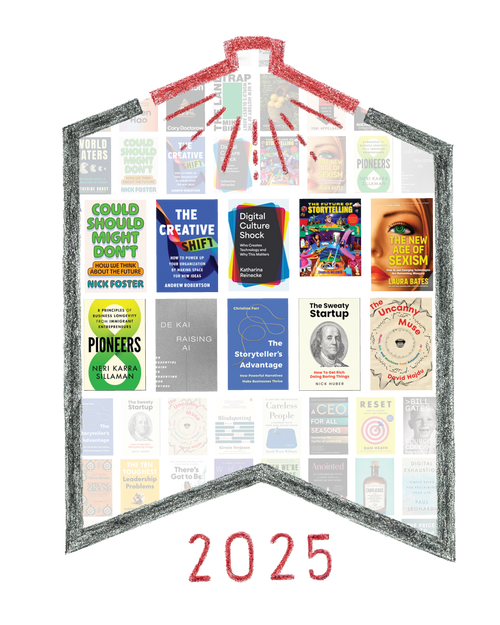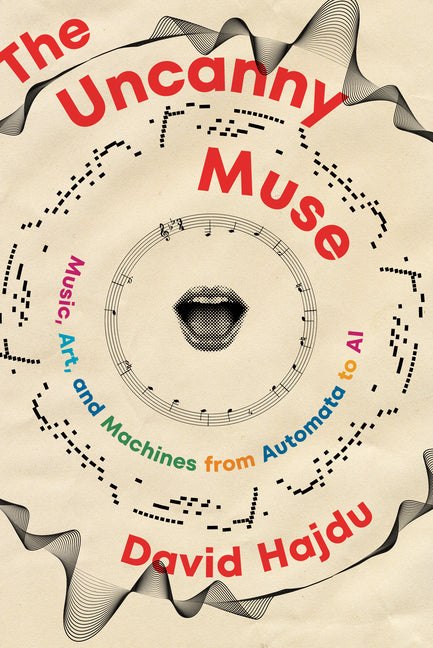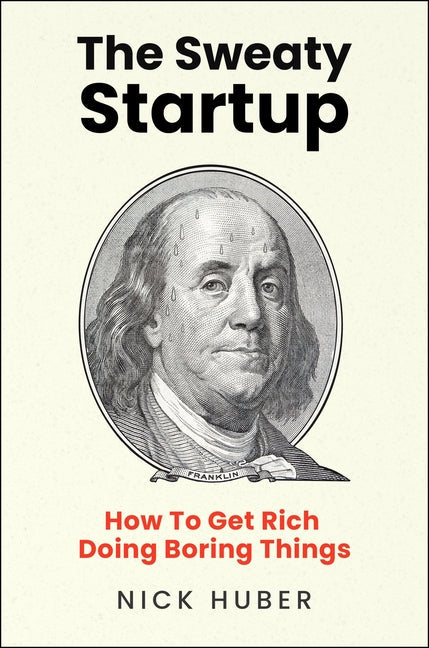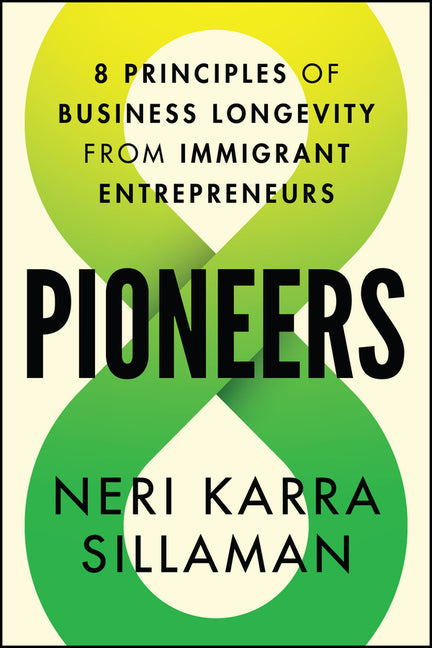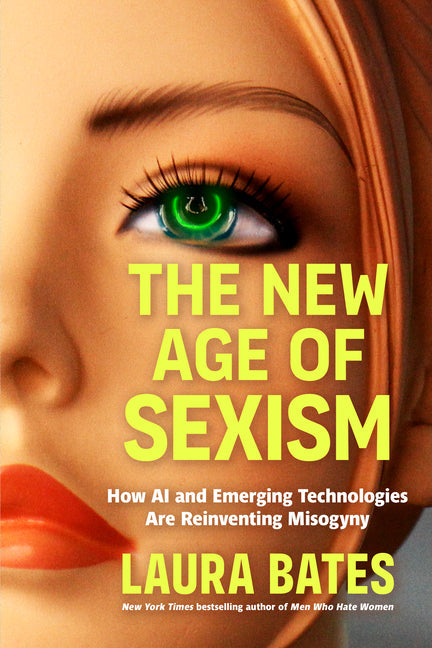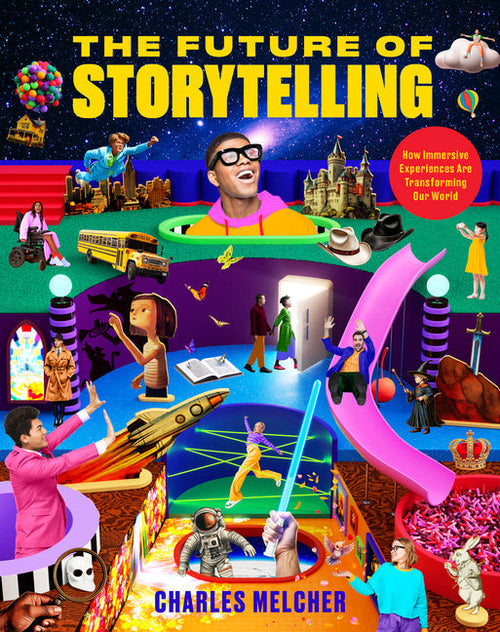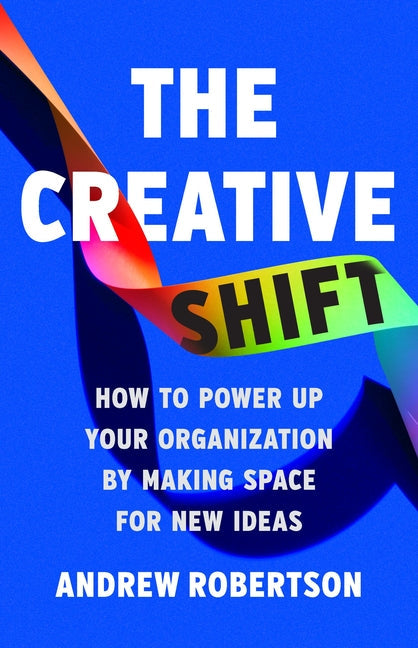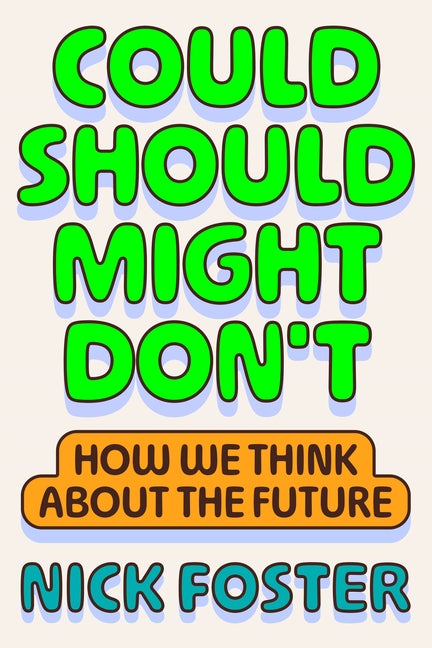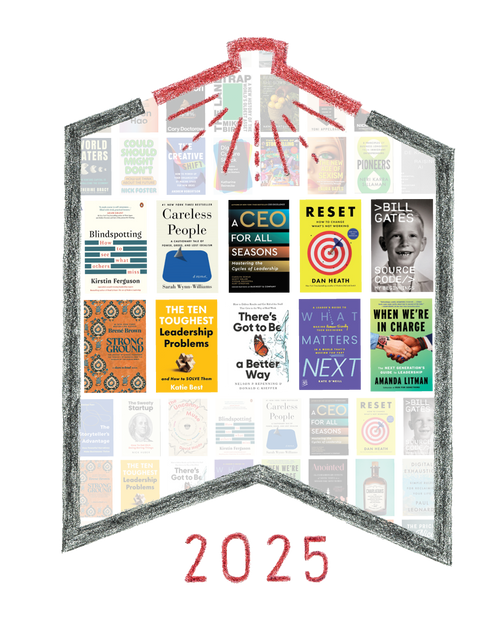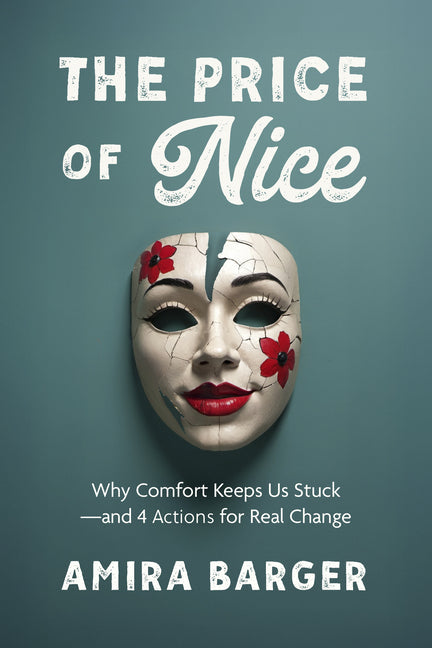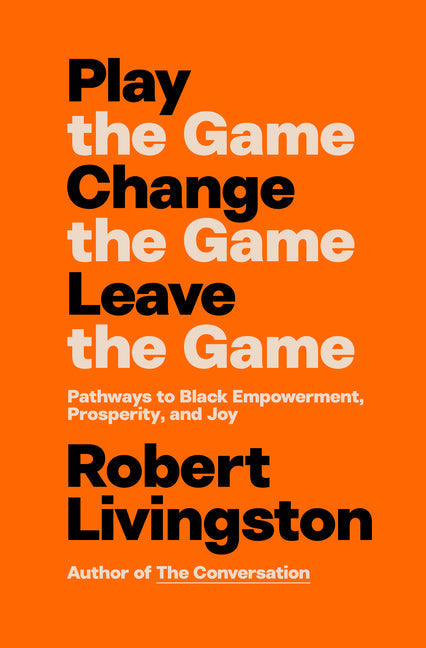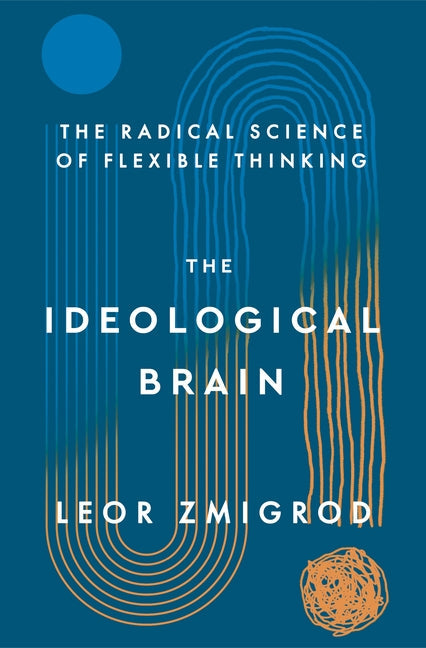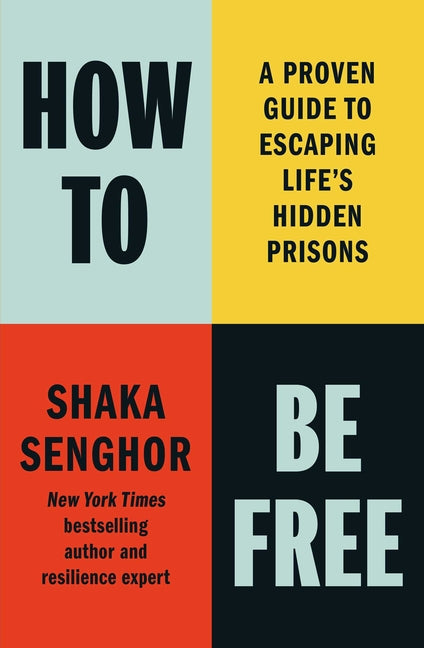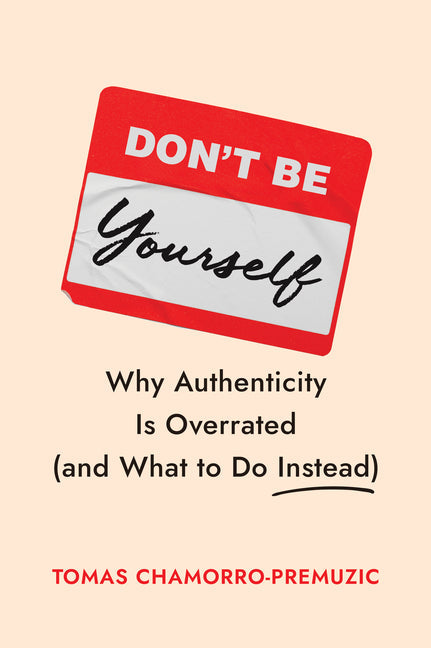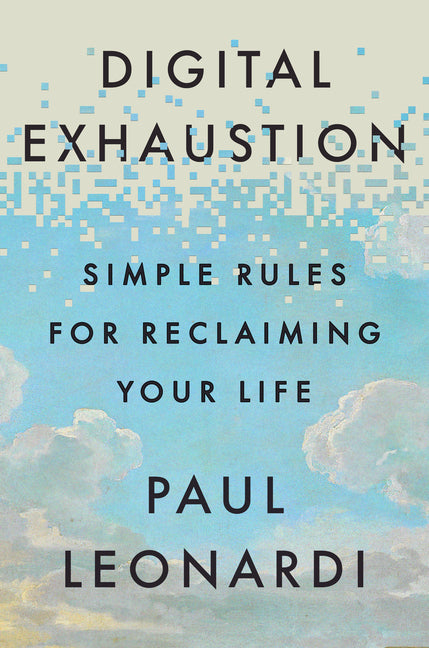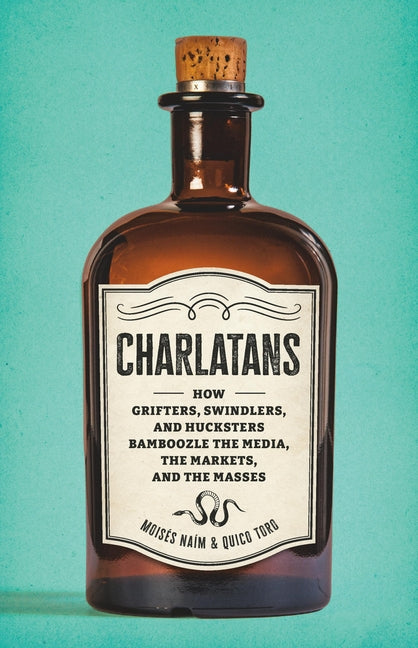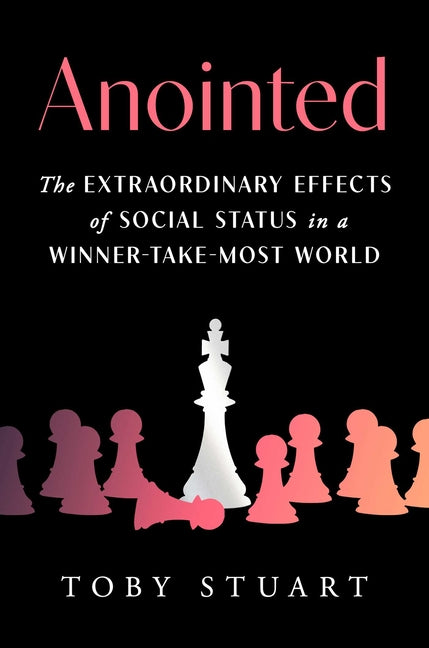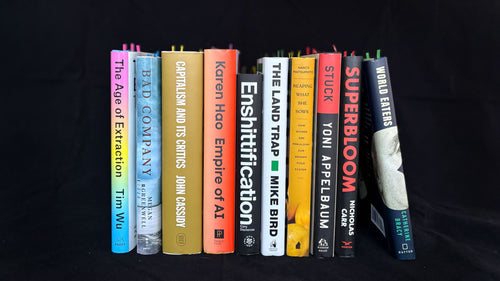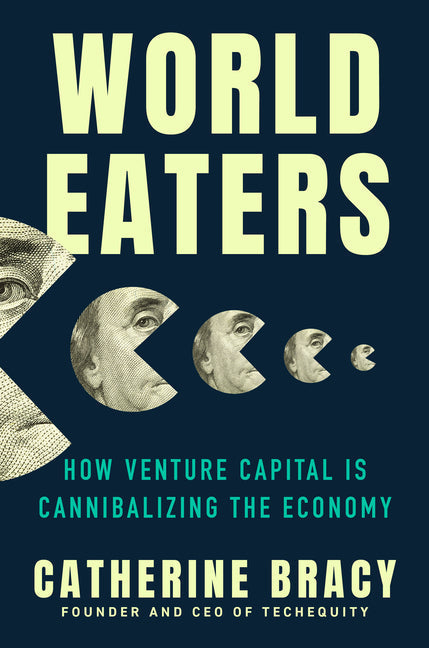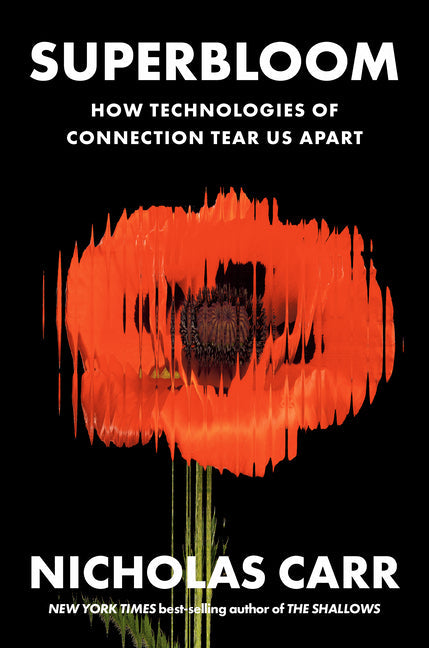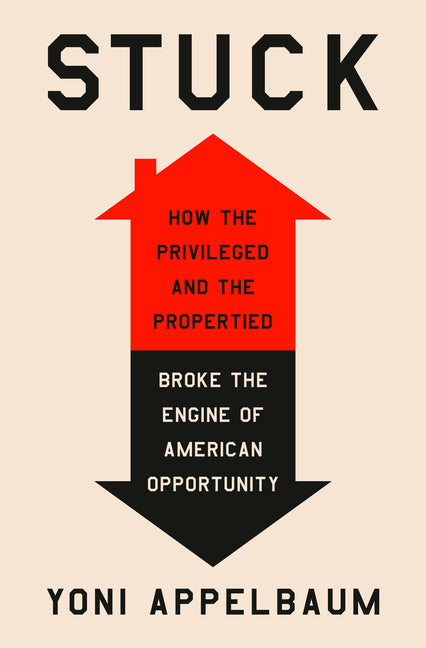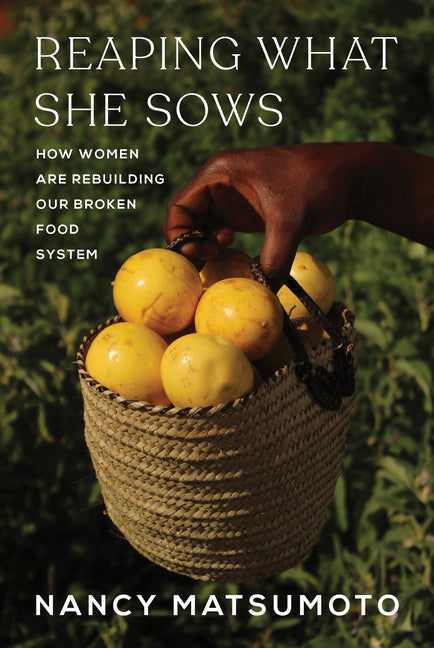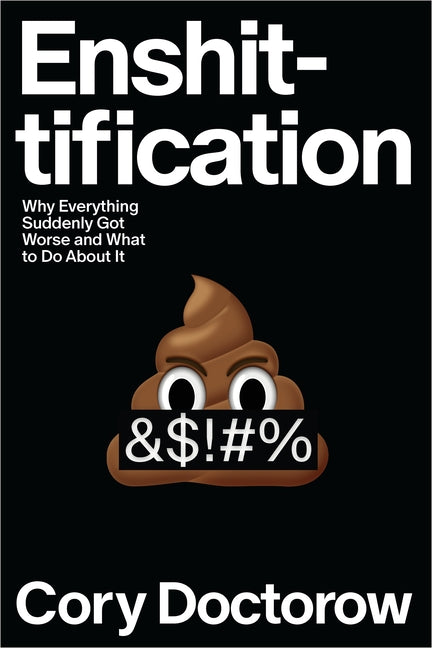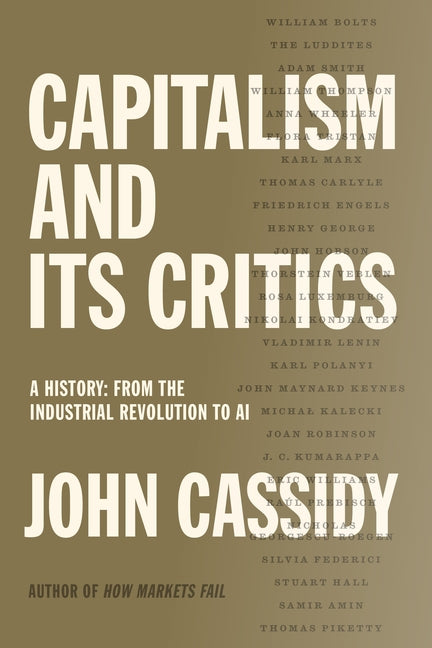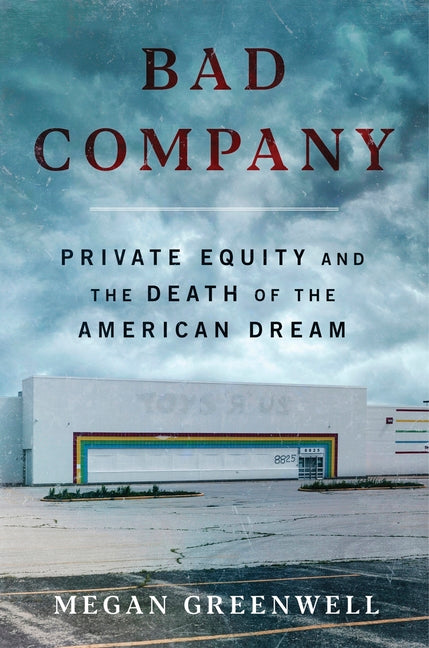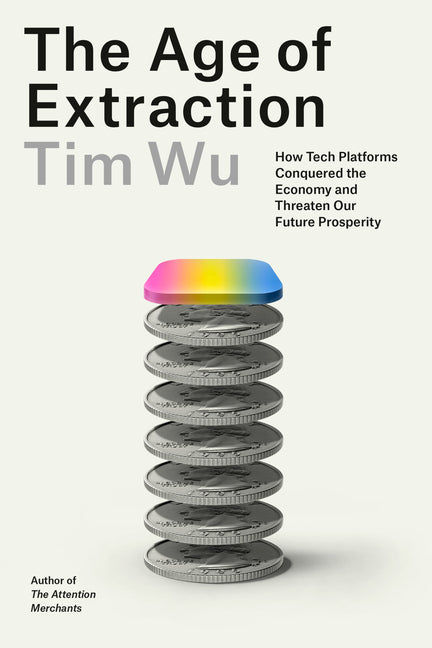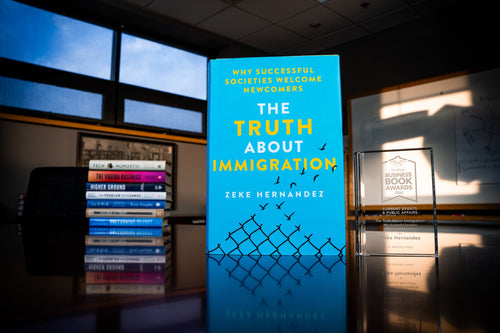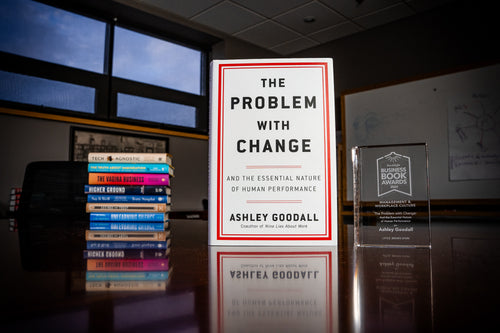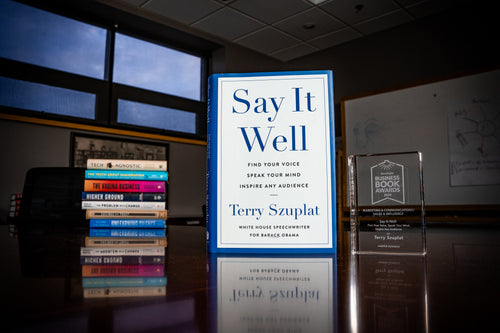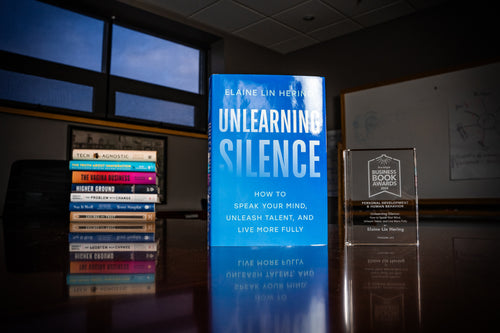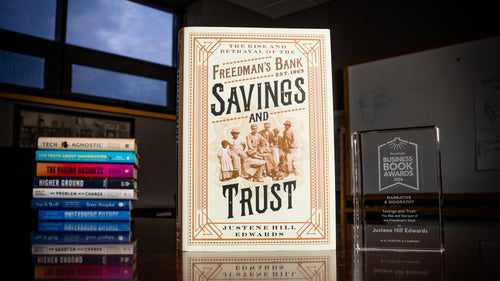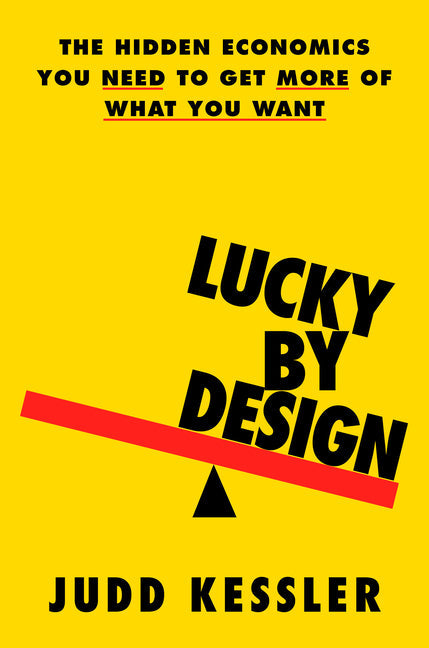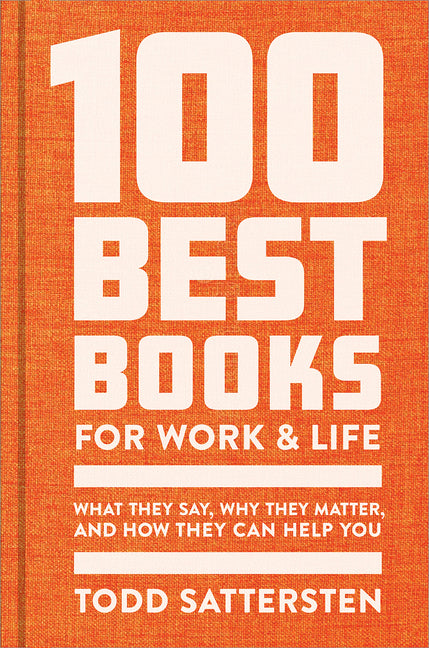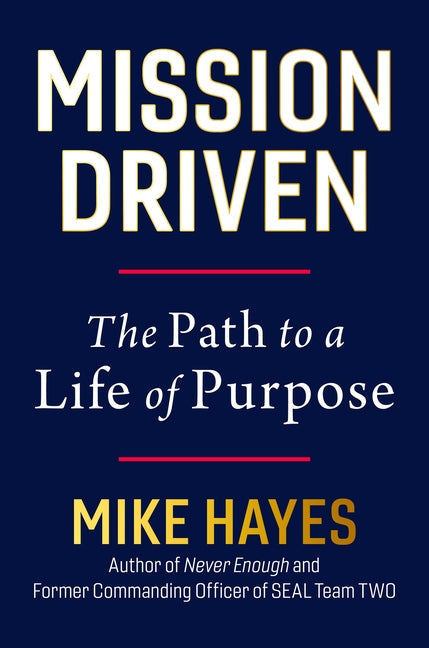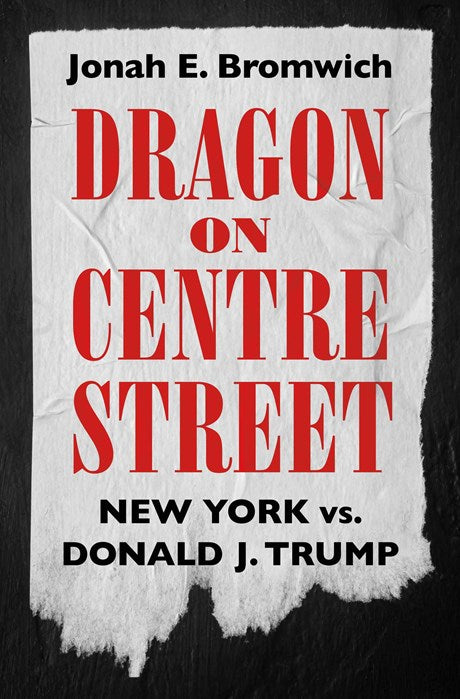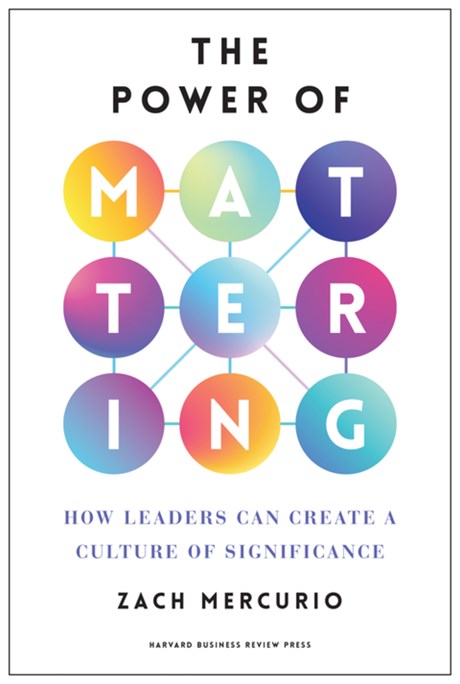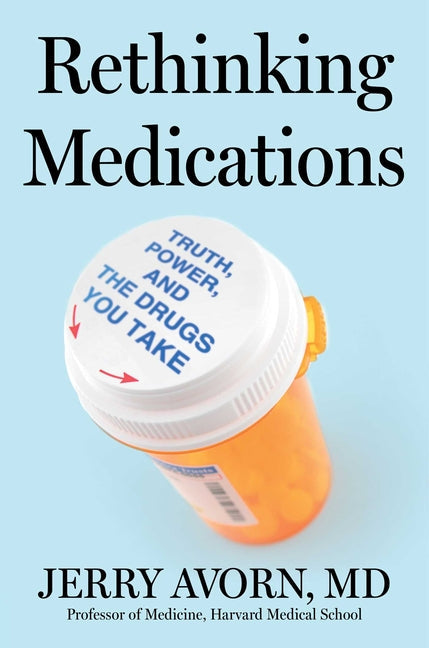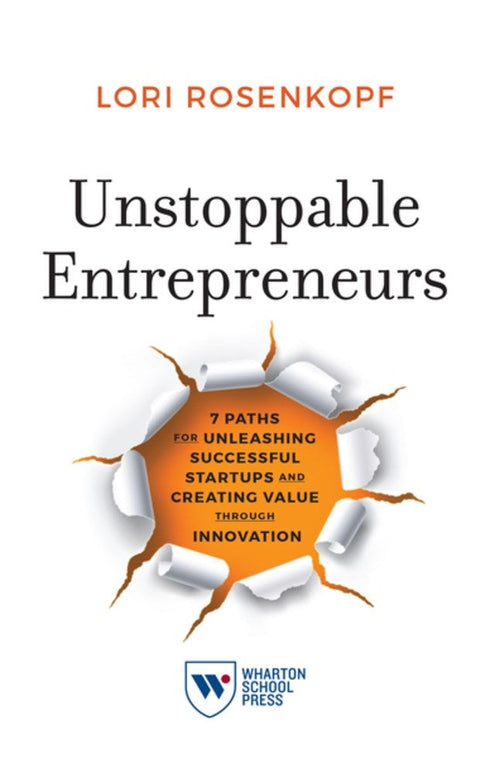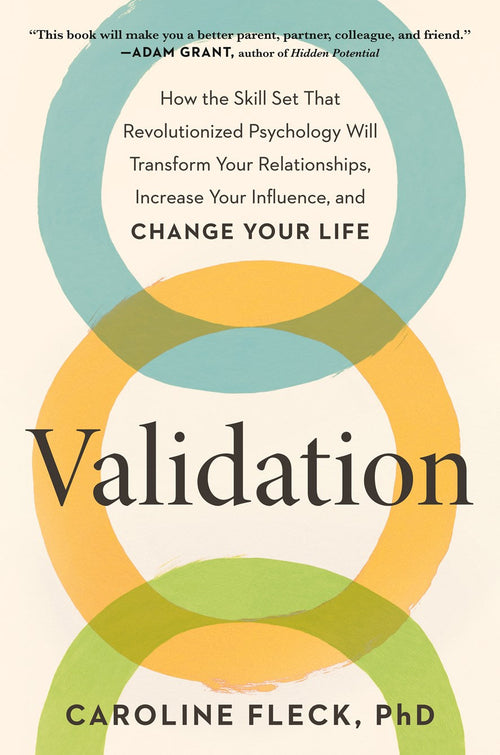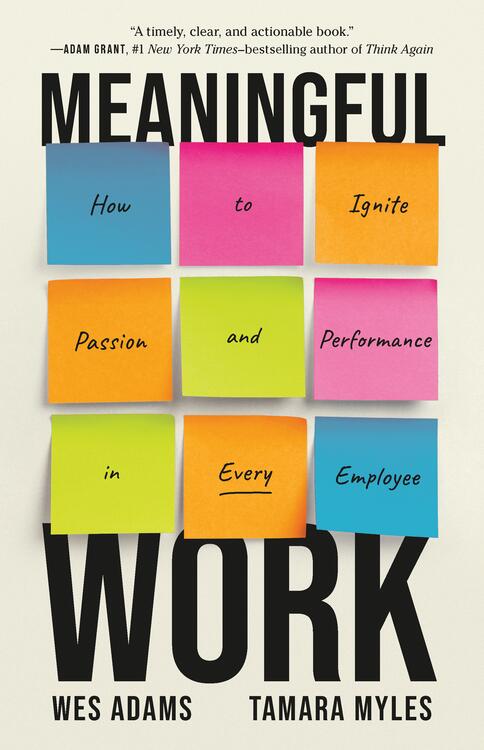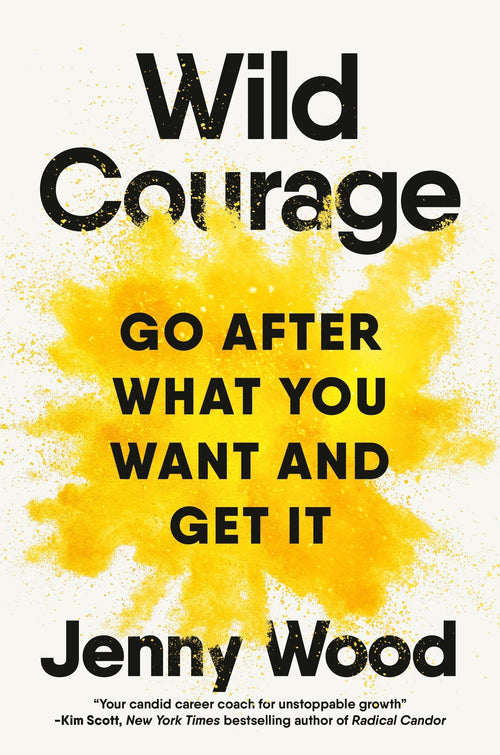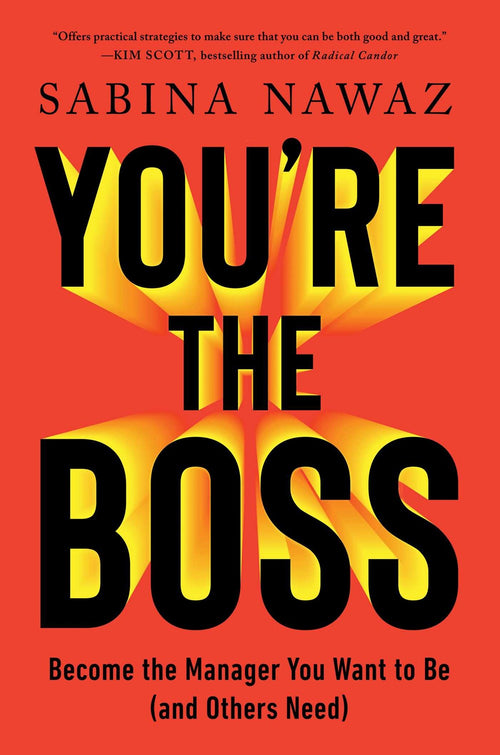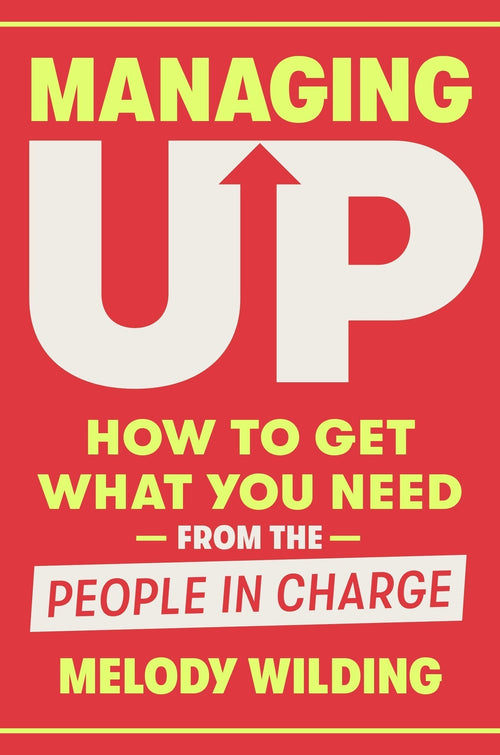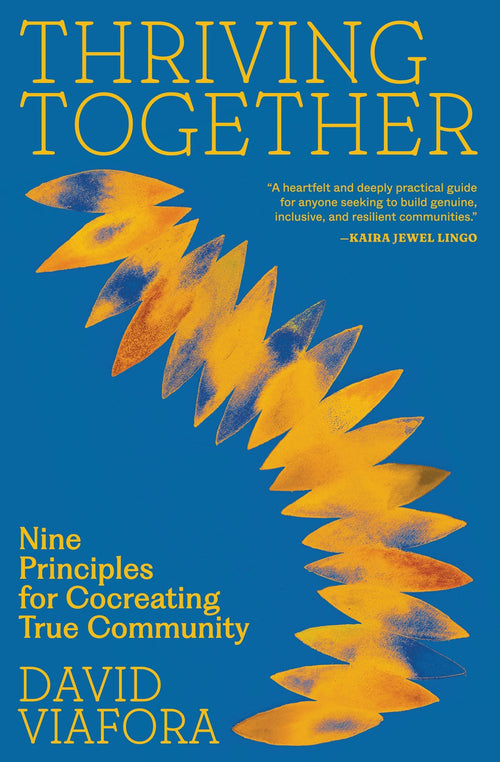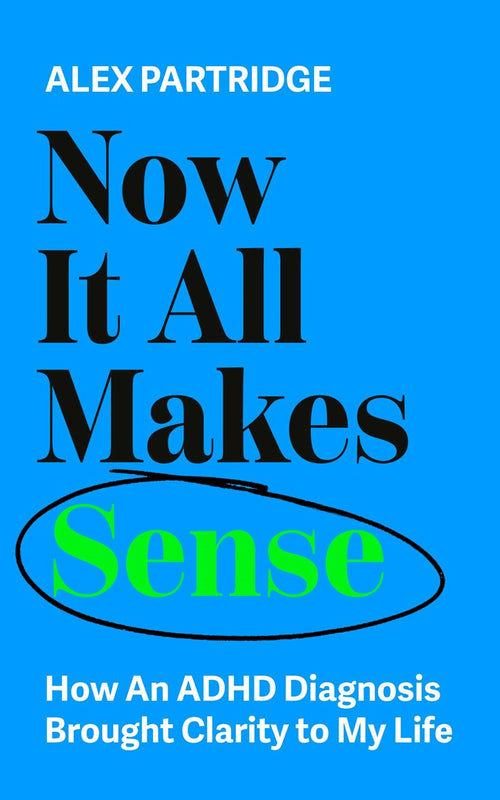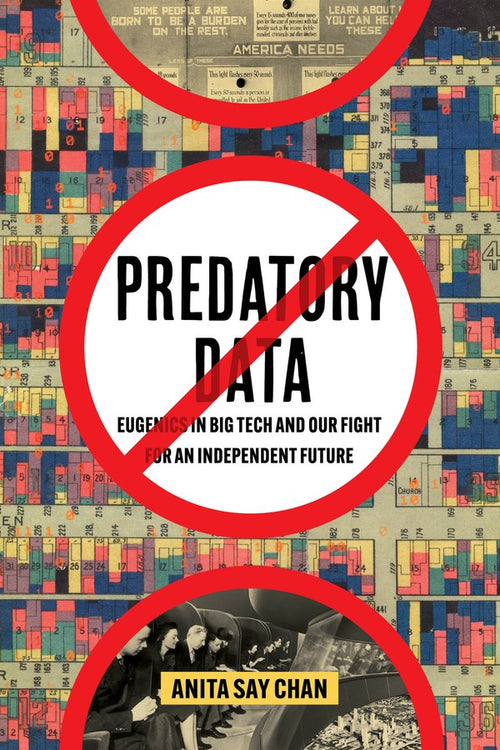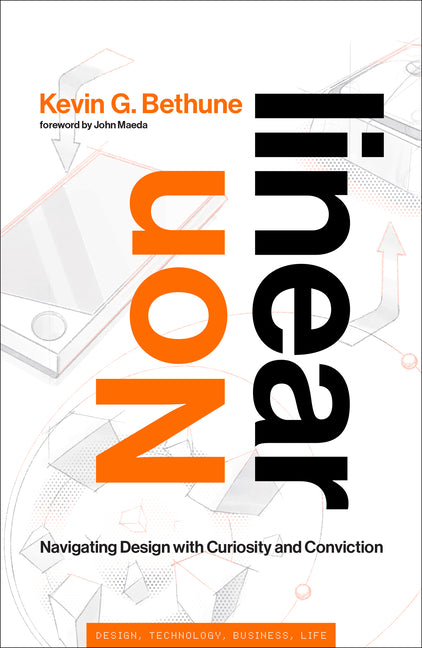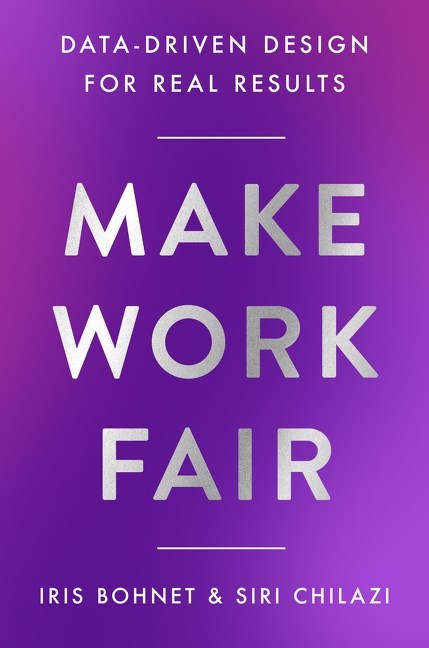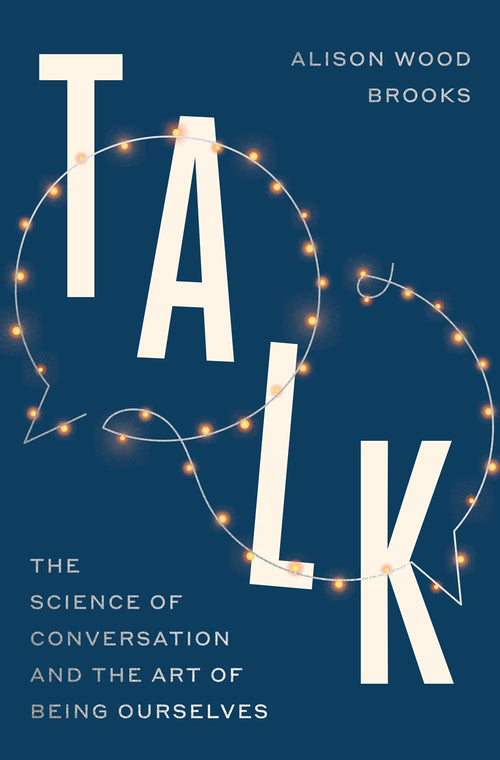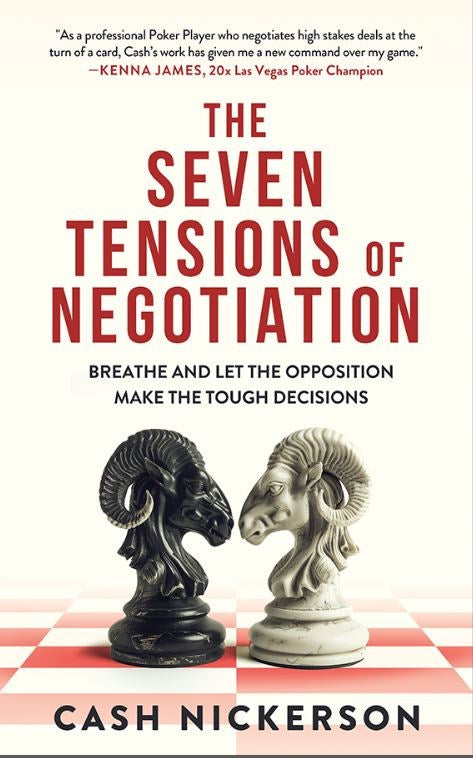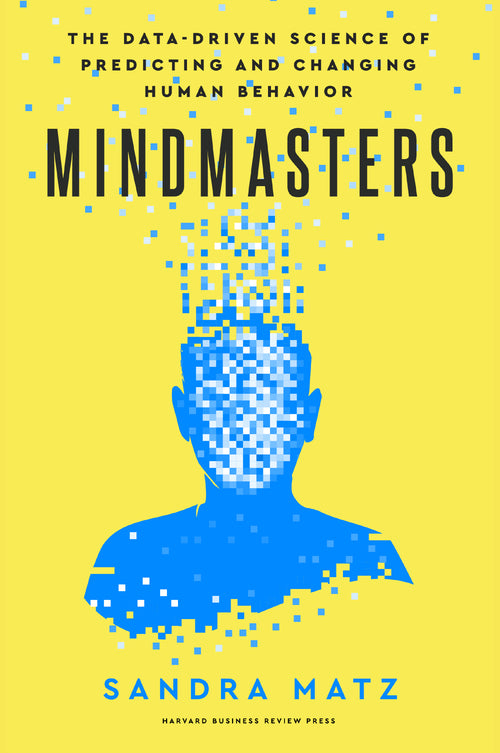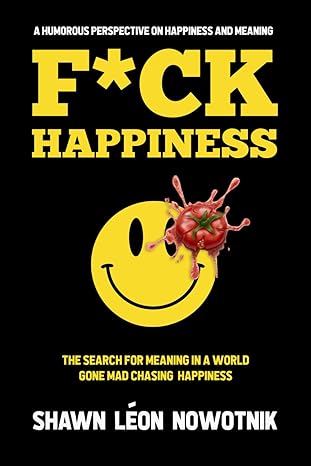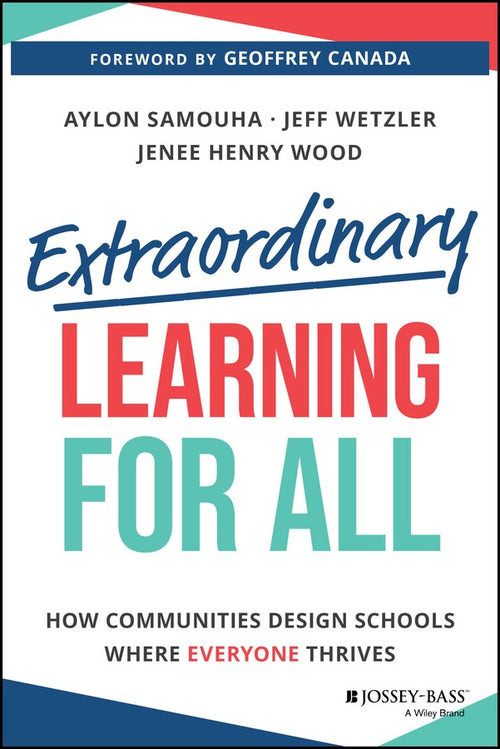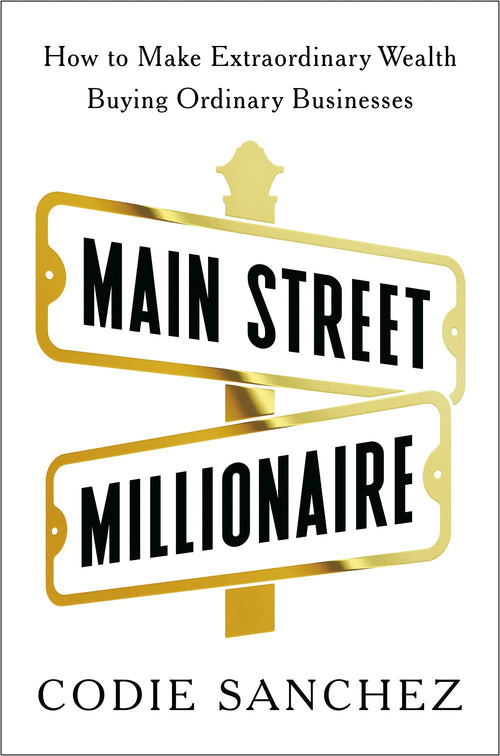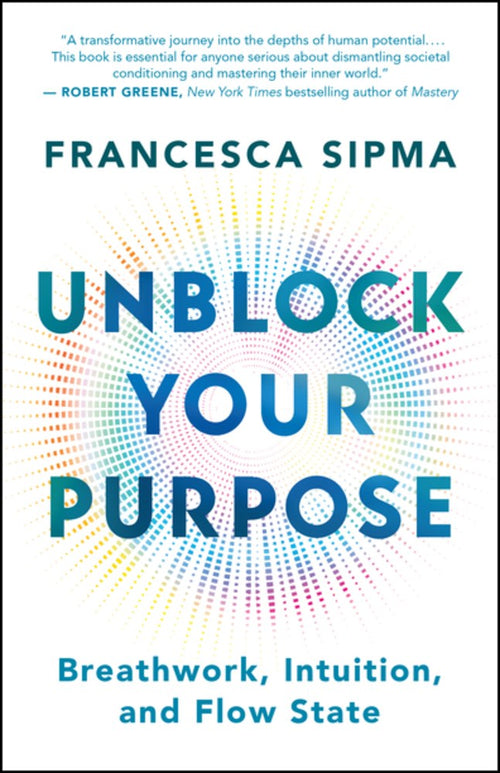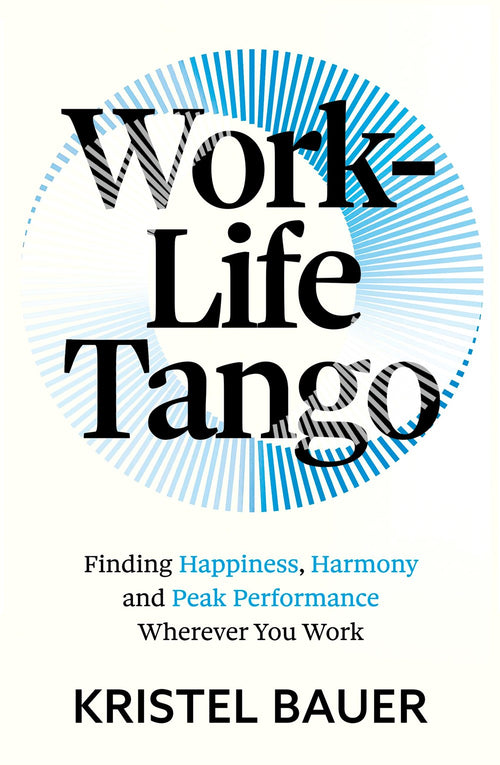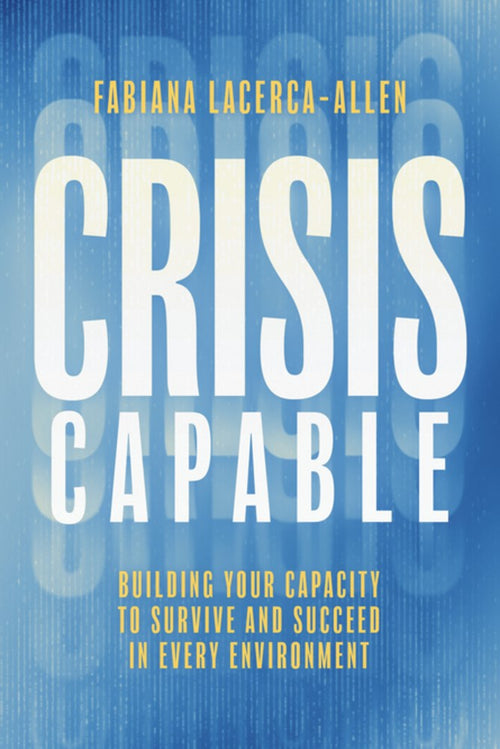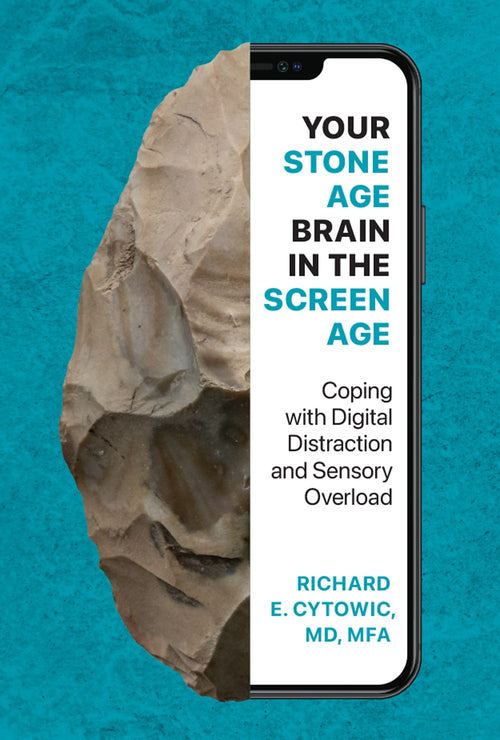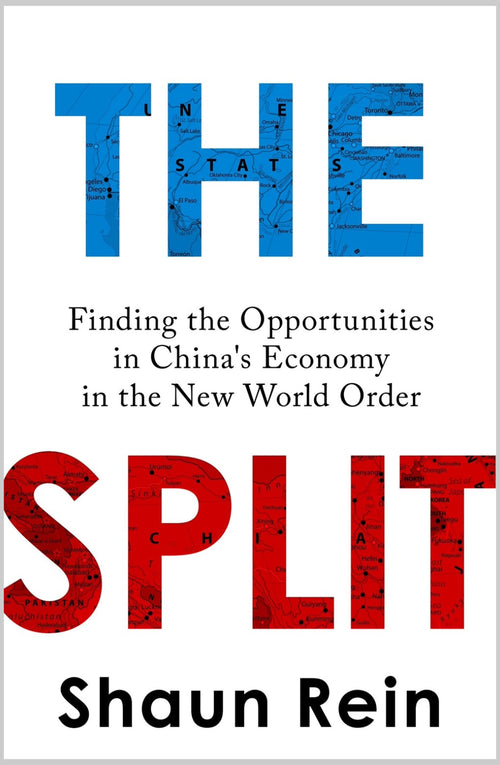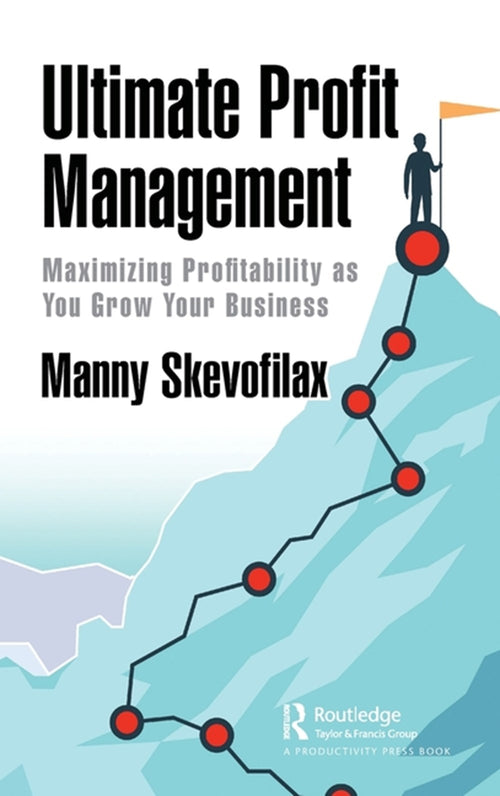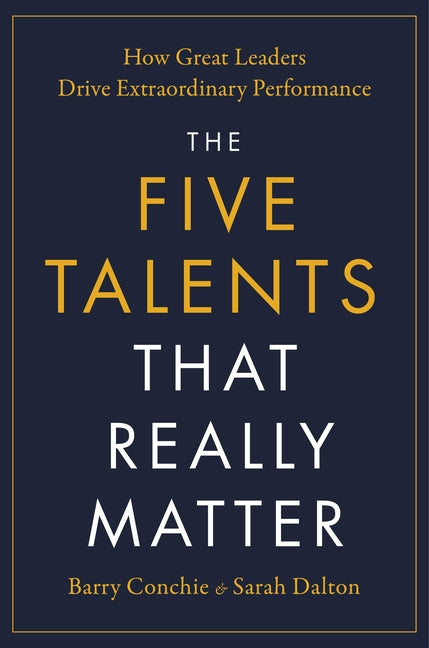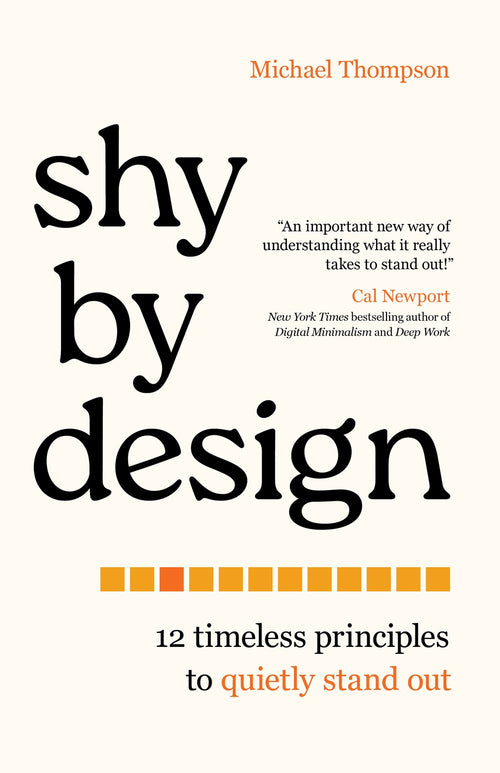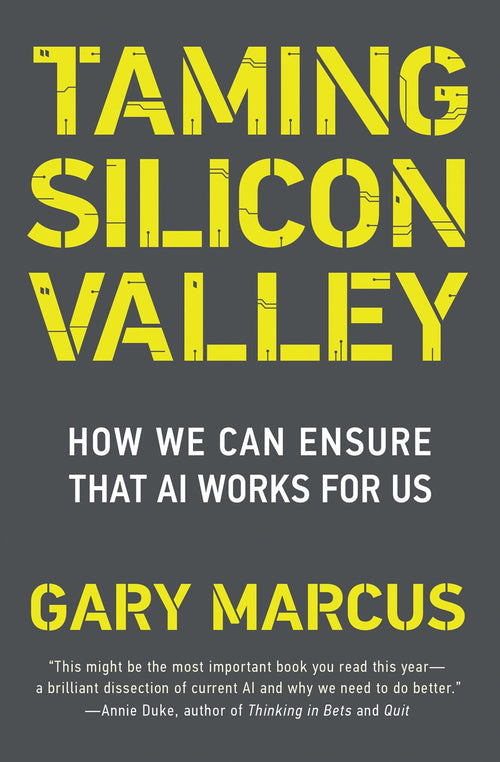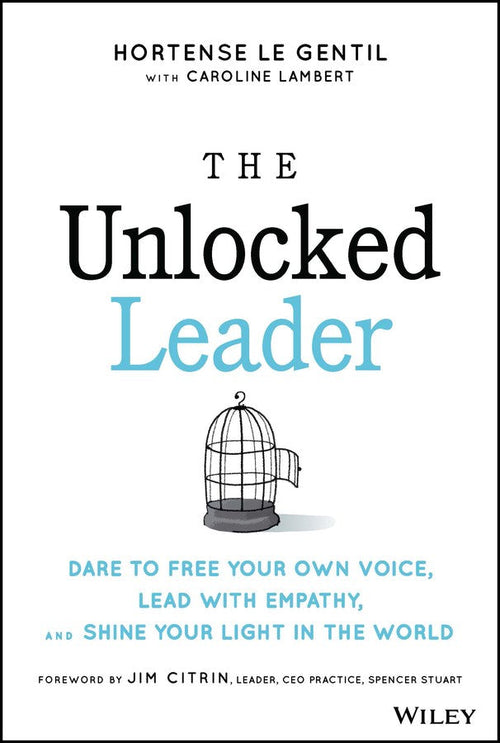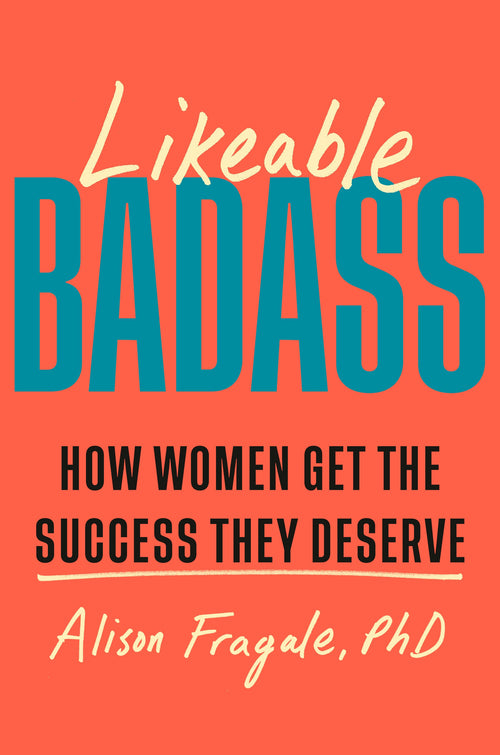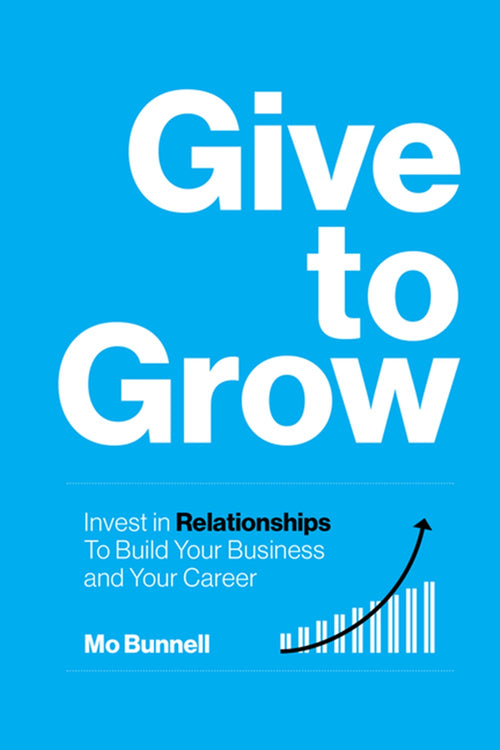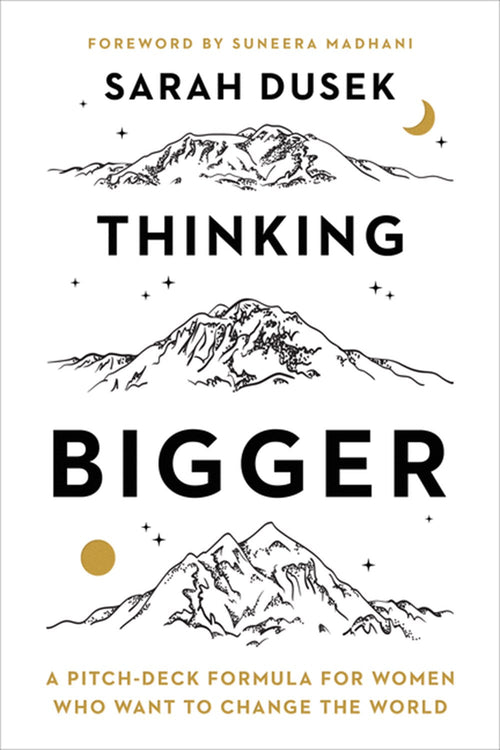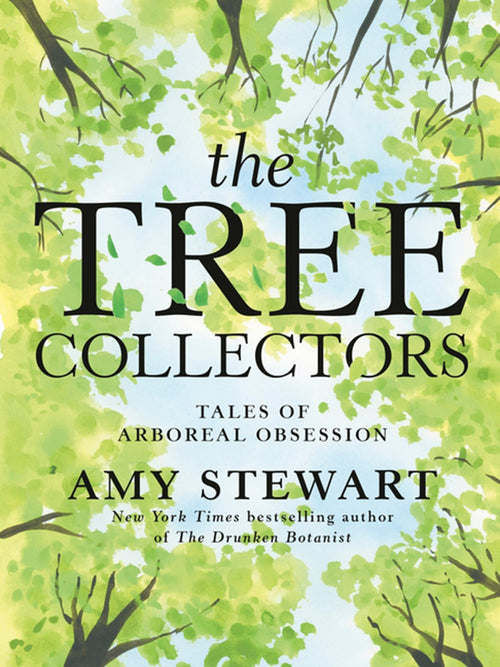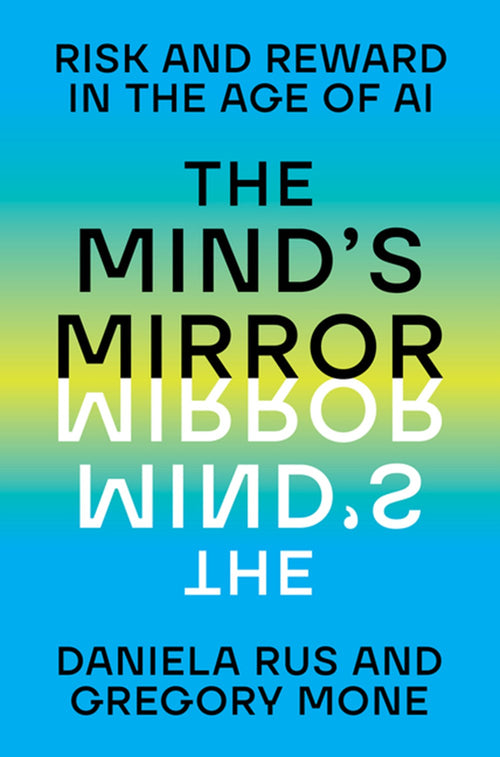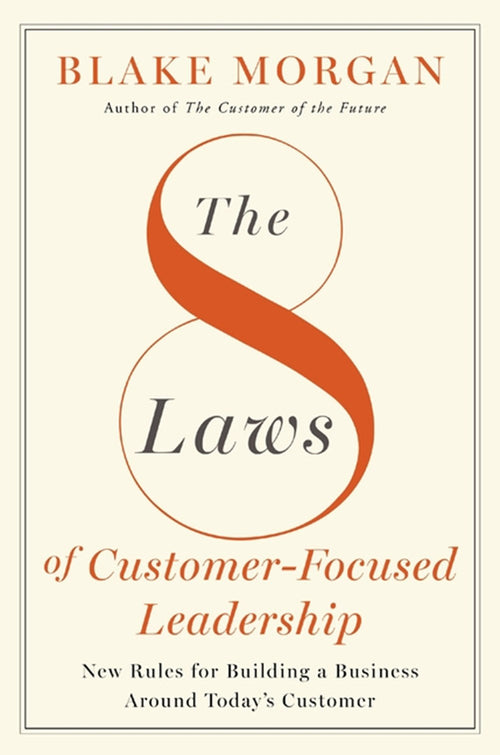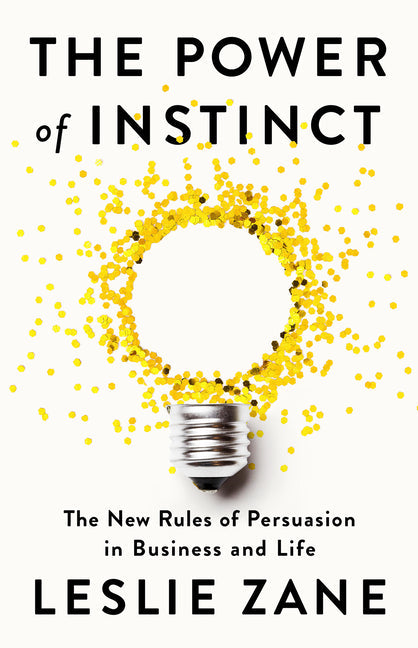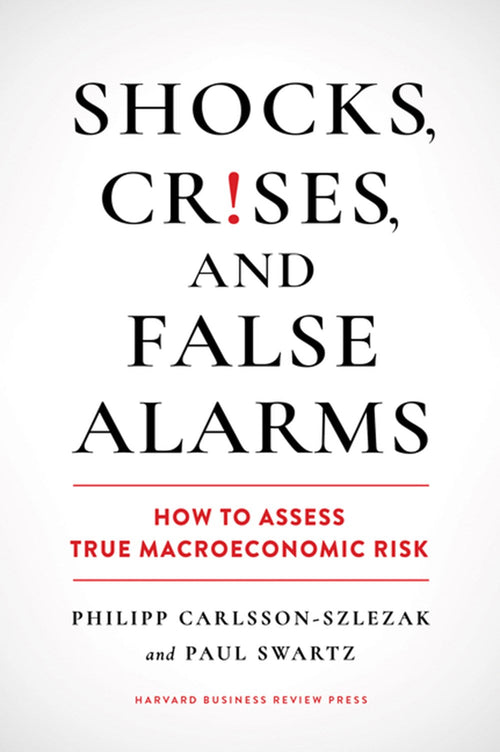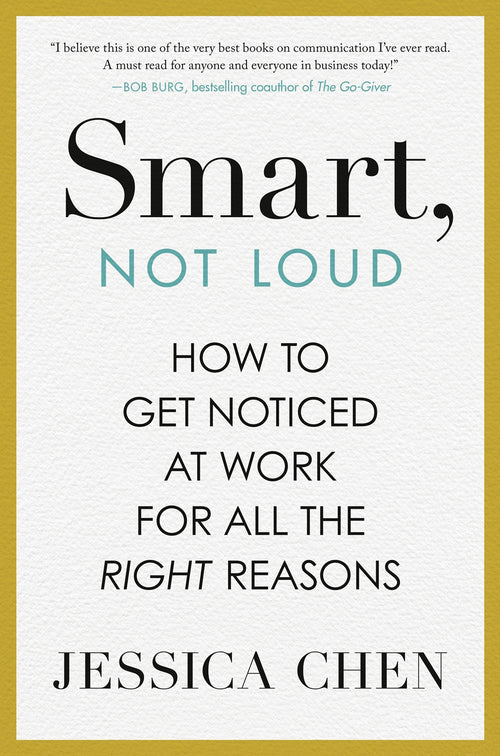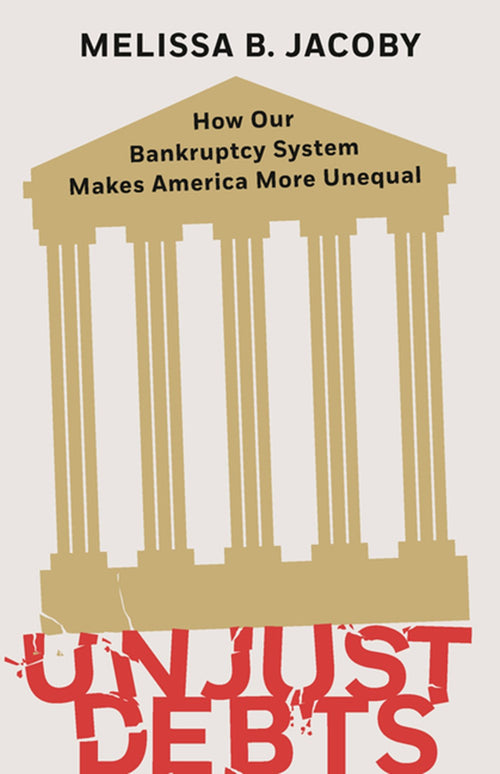An Excerpt from Fair Doses by Seth Berkley
How vaccines became the world's most powerful and widely distributed health intervention, and the inside story of the challenging race to deliver COVID-19 vaccines globally.
 Fair Doses is a story of vaccines: how they came about, why they are important, and how they have been made globally available—although our quest for vaccine equity is still ongoing. In this fascinating deep dive into vaccines, Dr. Seth Berkley, an internationally recognized infectious disease epidemiologist and public health leader, offers an inside view of the challenges of developing and disseminating vaccines for a broad swath of illnesses, from Ebola to AIDS to malaria and beyond.
Fair Doses is a story of vaccines: how they came about, why they are important, and how they have been made globally available—although our quest for vaccine equity is still ongoing. In this fascinating deep dive into vaccines, Dr. Seth Berkley, an internationally recognized infectious disease epidemiologist and public health leader, offers an inside view of the challenges of developing and disseminating vaccines for a broad swath of illnesses, from Ebola to AIDS to malaria and beyond.
COVID-19 was a lesson about the devastation a novel virus can bring on our world. When the first signs of this new infection appeared, Dr. Berkley co-created COVAX, a global initiative aimed at ensuring equitable vaccine distribution. The COVAX team had to navigate vaccine nationalism, vaccine diplomacy, intentional disinformation, political forces, and the conflicting incentives of vaccine companies in its race against the virus. In record time, the group organized 193 countries, raised more than $12 billion, built the world's largest portfolio of COVID-19 vaccines, and delivered two billion doses to 146 countries.
Future pandemics are an evolutionary inevitability, and future global response needs to be much faster and more equitable. Drawing from his personal experience, Dr. Berkley lays out a bold vision of preparedness that will help the global community take advantage of rapid advancements in science to make our world safer from infectious diseases.
The following excerpt is from the beginning of the book, containing the entire Preface and a portion of the Introduction.
◊◊◊◊◊
Preface
Fair Doses was written in 2023–2024 during the period when the world was attempting to recover from COVID-19—the worst pandemic in 100 years. It was important to capture the lessons learned during the pandemic response so we can be better prepared for the inevitable next outbreak. As this book is going to press, the global situation described in the book has shifted dramatically. The development aid provided by the United States—the largest development donor—has been precipitously halted, science funding has been dramatically reduced, the World Health Organization is losing its largest donor, and there is an acceleration of vaccine conspiracy theories, as well as a frontal attack on truth and science. This is leading to a worrying further degradation of trust in scientific leaders and institutions.
All of this is tragic, but the history that this book traces—the incredible scientific breakthroughs in vaccines that have more than doubled life expectancy, the move from almost no access to vaccines in developing countries to the point where they are the most widely delivered health interventions in the world, the remarkable production of novel vaccines in 327 days for the pandemic—and the key lessons from the pandemic on how to work together better as a world are as relevant and pertinent as ever.
Science, responsible for much of societies’ progress, requires evidence, independence, a transparent process, and inclusion for it to continue to advance. Infectious diseases know no boundaries, and where the next infectious agent will appear is unknown. As a result, global cooperation in surveillance and investing in scientific research and development, as well as assuring that no one is left behind when it comes to access to medical countermeasures— particularly during a pandemic—are critical to our protection as a species.
It’s hard to put numbers on the deaths that have been prevented by vaccines, but some estimates say that vaccines have saved more than half a billion lives over the past 70 years, the time period they have been routinely available.10 That’s about half of all the lives saved by our postwar agricultural improvements and about a 40-times-greater impact than all the lifesaving benefits of car safety advances, kidney dialysis, angioplasty, and pacemakers put together.11 And this only covers the 30 or so vaccines we have against the more than 300 infectious diseases known to plague humanity.12
More and better vaccines need to be developed, particularly for major killers such as tuberculosis, malaria, and HIV, and, hopefully, more cancers. And in the meantime, the risks for infectious diseases are shifting. The spread of infection-carrying vectors (like mosquitos) with climate change, changes in land use bringing people into more contact with wild animals, the movement of mass numbers of people due to climate change, and the trade in wild and domestic animals all increase the possibility that relatively localized diseases, such as yellow fever, dengue, Rift Valley fever, hantavirus, and chikungunya, could escalate to become global threats. Or we could see another influenza virus recombination in animals and humans emerge that has the infectious potential to sweep across the world. Or the next pandemic could be a novel agent, Disease X, surprising us out of the blue, like COVID-19.
I wrote Fair Doses to help people understand that vaccines are our most important public health tool and that they must be developed and used as widely as possible, by rich and poor alike, around the world. In the chapters that follow, I explore the workings of vaccines themselves, as well as the history, institutions, and people that have contributed to the push for global vaccine equity. I also take readers behind the scenes to share my own experiences at the International AIDS Vaccine Initiative (IAVI), at Gavi, with COVAX, and in a number of other roles, digging into the complicated production of vaccines, the creation of partnerships between the biopharmaceutical industry and the public sector, and the political wrangling that makes funding, distribution, and vaccination itself possible.
This book is also about the COVID-19 pandemic—and, more specifically, about COVAX’s efforts to help end its most acute phase by equitably distributing safe and protective vaccines. Even those of us who had been working in the field for years were surprised at how poorly prepared the world was for an emergency of this magnitude. What’s more, we faced the perils of vaccine nationalism, vaccine diplomacy, and the sometimes-selfish behaviors of manufacturers and world leaders. In other words, it was clear from the start that we wouldn’t be able to do this work perfectly. But we did our best, and I’ve sought to set down both what we did and what I wish we could have done differently so that we can learn from our history.
As the world continues to recover from the worst of the pandemic years, we may not relish thinking about another pandemic ahead. We face complacency, fatigue, and a growing distrust of both science and institutions, fed by intentional disinformation that spreads rapidly online. But we also have an opportunity to harness what we’ve learned to do better next time—and there is epidemiologic certainty that a next time will come. When it does, we need to have robust public health systems in place, and ideally, vaccines. I hope that the experiences I share in Fair Doses can help us prepare.
Adapted from Fair Doses: An Insider's Story of the Pandemic and the Global Fight for Vaccine Equity, published by University of California Press. Copyright © 2025 by Seth Berkley. All rights reserved.
About the Author
Seth Berkley, MD, is an infectious disease epidemiologist currently advising vaccine, biotechnology, and technology companies, and is Adjunct Professor and Senior Adviser to the Pandemic Center at Brown University. He served as CEO of Gavi, the Vaccine Alliance from 2011 to 2023; cofounded COVAX; and founded and served as CEO of the International AIDS Vaccine Initiative.

